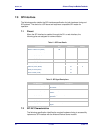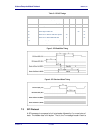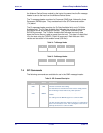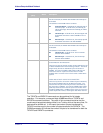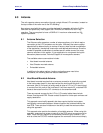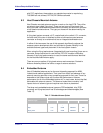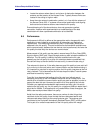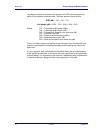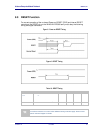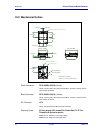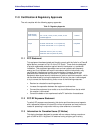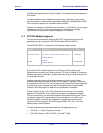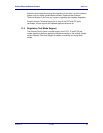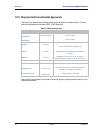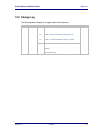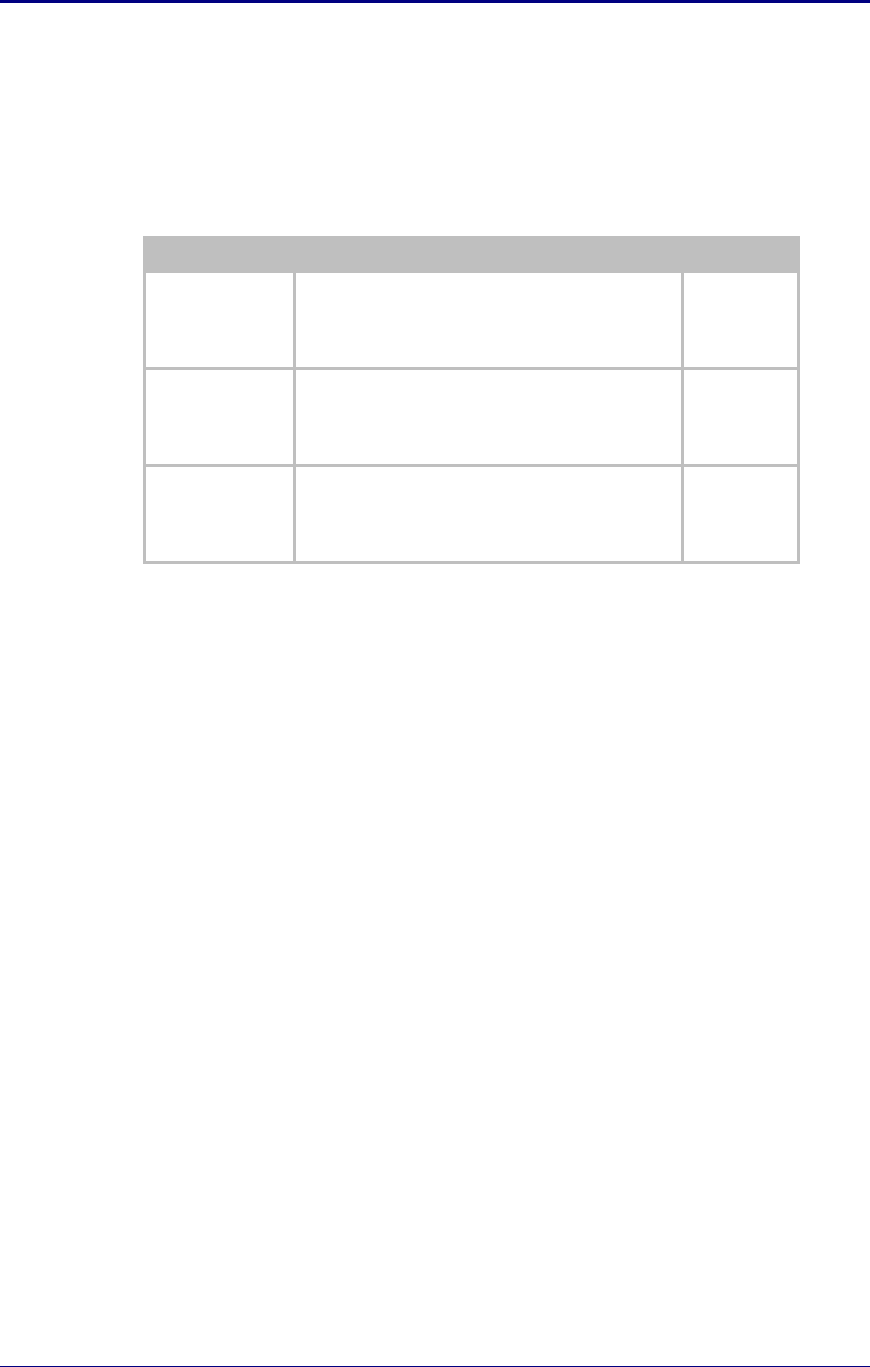
Airborne Enterprise Module Databook Quatech, Inc.
100-8080-110 8/11/2009 33
11.0 Certification & Regulatory Approvals
The unit complies with the following agency approvals:
Table 19 - Regulatory Approvals
Country
Standard
Status
North America
(US & Canada)
FCC Part 15
Sec. 15.107, 15.109, 15.207, 15.209, 15.247
Modular Approval
Granted
Europe
CISPR 16-1 :1993
ETSI EN 300 328 Part 1 V1.2.2 (2000-07)
ETSI EN 300 328 Part 2 V1.1.1 (2000-07)
Completed
Japan
ARIB STD-T71 v1.0, 14 (Dec 2000)
ARIB RCR STD-T33 (June 19, 1997)
ARIB STD-T66 v2.0 (March 28, 2002)
Pending
11.1 FCC Statement
This equipment has been tested and found to comply with the limits for a Class B
digital device, pursuant to Part 15 of the FCC Rules. These limits are designed
to provide reasonable protection against harmful interference in a residential
installation. This equipment generates uses and can radiate radio frequency
energy and if not installed and used in accordance with the instructions, may
cause harmful interference to radio communications. However, there is no
guarantee that interference will not occur in a particular installation. If this
equipment does cause harmful interference to radio or television reception, which
can be determined by turning the equipment off and on, the user is encouraged
to try to correct the interference by one or more of the following measures:
Reorient or relocate the receiving antenna.
Increase the separation between the equipment and receiver.
Connect the equipment to an outlet on a circuit different from that to which
the receiver is connected.
Consult the dealer or an experienced radio/TV technician for assistance.
11.2 FCC RF Exposure Statement
To satisfy RF exposure requirements, this device and its antenna must operate
with a separation distance of a least 20 cm from all persons and must not be co-
located or operating in conjunction with any other antenna or transmitter.
11.3 Information for Canadian Users (IC Notice)
This device has been designed to operate with an antenna having a maximum
gain of 5dBi for 802.11b/g band. An antenna having a higher gain is strictly



